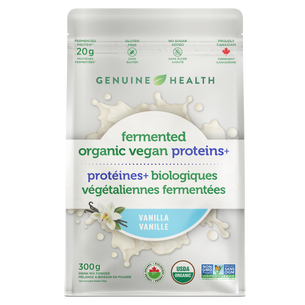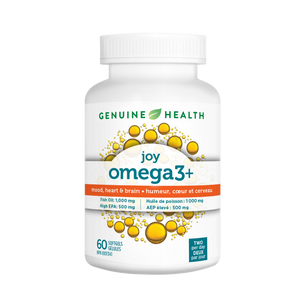Burnout: The Quiet Epidemic of Our Times

One of the most common phrases I hear in my practice is “I feel burned out!” “Fatigue” and “low energy” are almost always my new patients’ top health priorities. My client base is mainly urban professionals, entrepreneurs and new parents, and the pattern is clear: burnout is an epidemic.
Burnout has long been experienced – if not recognized – in the workplace, but recently, even the World Health Organization (WHO) has identified burnout as a phenomenon that is limiting our productivity and performance. Athletes train in regimens that prevent burnout, or as it’s referred to in athletic circles—overtraining.
The pace of our world has increased dramatically in the past two decades, with technology, and social media governing our lives more than ever. With this increased speed of life has come an increased perception of workload and expectation of productivity. The accelerated rate of change has put us in a precarious situation—we’re just not built for the world we live in.
Burnout is real. And it’s time we started talking about it.
The WHO defines burnout as a syndrome, resulting from poorly managed chronic stress. When we fail to cope or adapt to the pace of the world around us, we may experience:
- A sense of energy depletion or exhaustion, often with soreness that doesn’t dissipate
- Negative feelings about our work or lives, or an increased distancing from it
- Lowered productivity, focus, memory and concentration, with increased irritability
While the underlying causes of burnout are unique to the individual and often complex, equipping our bodies to thrive and be resilient in our stressful world begins with the following considerations:
Find more routine, rest and recovery. Train your body to be prepared for daily challenges. As much as possible, try to wake-up, eat, exercise and go to sleep at the same times each day. Find opportunities every week to honour your body through imagery practices, meditation, mindfulness or through bodywork treatments such as massage therapy or acupuncture.
Get enough sleep. Most adults do best with a minimum of 7 quality hours of uninterrupted sleep each night.
Eat nutrient dense & optimize digestion. Stress, like exercise, increases our needs for both macro and micronutrients; especially B-Vitamins, and essential fatty acids. It’s crucial to consume foods that provide us with high quantities of our much-needed vitamins, minerals and phytonutrients. One study found that intake of polyphenols—a particular type of phytonutrient—was a predictor of mental energy. Consider functional foods like greens+, that nourishes and energizes your body with a powerful phytonutrient blend, or high fibre gut superfoods+, which contains highly absorbable polyphenols, and prebiotics to support a healthy gut ecology.
Get enough protein. Stress increases our protein requirements, and as our diets have culturally shifted toward a more plant-based diet, many of us are not acquiring enough protein on a daily basis to rebuild tissues, produce neurotransmitters or balance blood sugar. Most active adults need about 1 gram of protein each day for each kilogram of body weight. A protein powder added to a smoothie of your favourite fruits and vegetables is a simple way to up your intake. Ensuring that the protein source is absorbable and easily digested is key. A fermented, organic product is an excellent source, like fermented organic vegan proteins+ that boosts your daily protein intake by 20 grams per serving without bloating.
Hydrate. Did you know that you require water to create energy at the cellular, and chemical level (ATP)? Most adults require at a bare minimum, 2L of pure water each day, ideally consumed away from food, to optimize digestion of foods. Make it a habit to place a full glass of water at your bedside each night and drink the entire glass immediately upon waking. Bonus –infuse it with a slice of fresh lemon.
Move, but don’t over-exercise. One of the biggest factors in Burnout is that people like to exercise their stress away. While intense exercise promotes the production of endorphins and dopamine which make us feel better, exercise is still a form of stress, and needs to be done responsibility and in moderation, particularly when recovering from, or preventing, burnout.
Consider herbal and nutraceutical supplements. But do so under the guidance of a trained, experienced and licensed healthcare practitioner*. Adaptogenic herbs can help your body cope with physical and psychological stress. greens+ provides a safe, daily dose of herbs with adaptogenic properties, like licorice root and Siberian ginseng, as well as plant-based nourishment that can enhance energy and alkalinize the body (stress can be acidic!).
Strategic, quality supplements may increase your resilience to stress, your energy, focus, memory and concentration, but are only tools on the road to recovery or resilience that should be combined with the diet and lifestyle changes.
*Supervision is essential as herbal and nutraceutical supplements are not always safe, and are only cost-effective when chosen appropriately for your unique body and life’s context. Always speak to your licensed and experienced healthcare practitioner before starting a new product.




















































